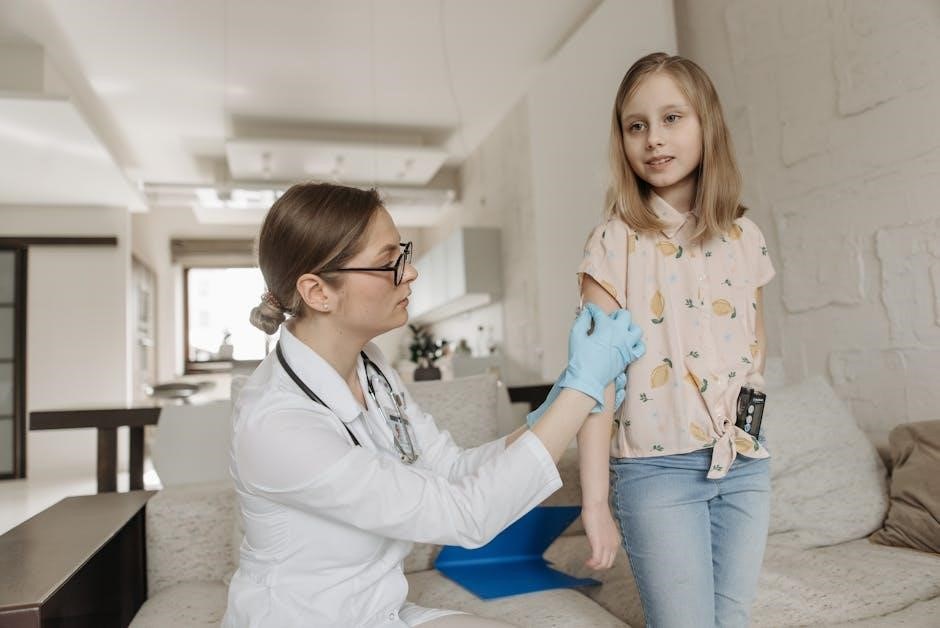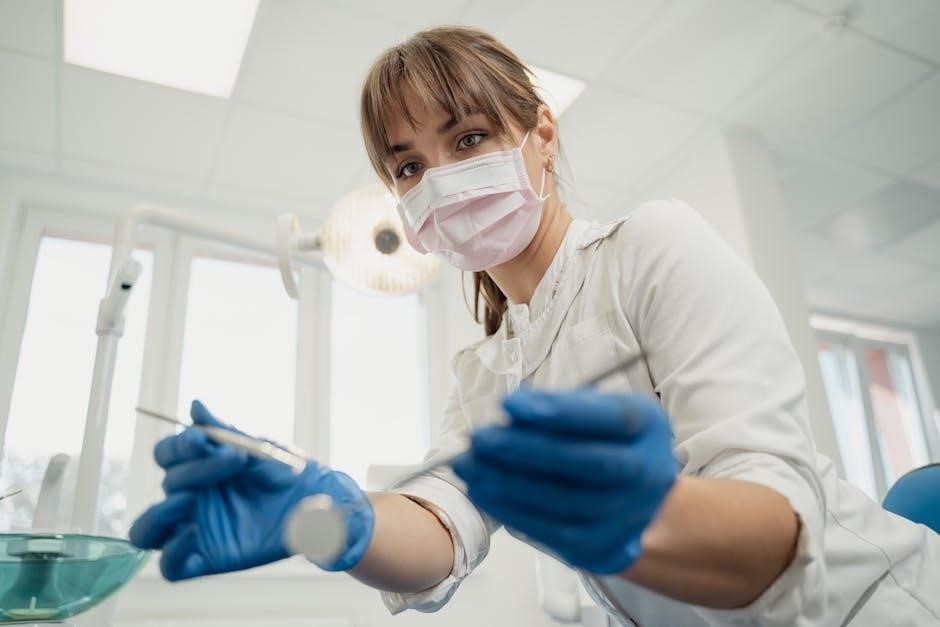oral exam guide private pilot pdf
Oral Exam Guide for Private Pilot: Comprehensive Preparation Strategy
The Oral Exam Guide is a detailed resource for private pilot candidates, offering a question-and-answer format that covers key topics like aircraft systems, weather, navigation, and regulations. It aligns with FAA standards, ensuring thorough preparation and confidence for the oral exam.
The Oral Exam Guide is a vital resource for private pilot candidates, designed to simplify and streamline the preparation process for the oral portion of the FAA practical test. This comprehensive guide is structured in a question-and-answer format, making it easy for students to understand and retain critical information. It covers a wide range of topics, from aircraft systems and weather to navigation and regulations, ensuring that aspiring pilots are well-prepared for the examiner’s questions.
Developed in alignment with the Federal Aviation Administration (FAA) standards, the guide is particularly useful for students training under both Part 141 and Part 61 programs. It serves as both a study tool and a refresher, helping pilots build confidence and readiness for the oral exam. By focusing on the most commonly asked questions and providing clear, concise responses, the Oral Exam Guide empowers students to approach their checkride with clarity and assurance.
Whether you’re just starting your training or nearing the final stages, this guide is an indispensable tool for mastering the oral exam and achieving your Private Pilot Certificate.
Key Topics Covered in the Oral Exam
The oral exam for a private pilot covers a wide range of essential topics to ensure a candidate’s knowledge and readiness for safe flight operations. These topics include aircraft systems, such as engine, fuel, and electrical systems, as well as weather, including interpretation of forecasts, METARs, and TAFs. Navigation is another critical area, covering charts, GPS usage, and understanding airspace classifications. Additionally, regulations such as airspace rules, flight restrictions, and pilot privileges are thoroughly examined. Candidates are also expected to demonstrate knowledge of emergency procedures, including engine failures, system malfunctions, and decision-making under pressure. Flight planning and weight and balance calculations are also key areas, ensuring pilots can safely plan and execute flights. Finally, understanding air traffic control communications and aviation weather services is vital. These topics are designed to assess a pilot’s ability to operate safely and competently, aligning with FAA standards for certification.

Practical Aspects of the Oral Exam
The oral exam typically lasts 1-2 hours, focusing on practical scenarios and decision-making. Examiners aim to assess real-world application of knowledge, ensuring candidates demonstrate safety and proficiency in flight operations and emergency procedures.

The Role of the Examiner
The examiner’s primary role is to evaluate the applicant’s knowledge, safety awareness, and decision-making skills. They ensure the candidate meets FAA standards, focusing on practical application rather than theoretical concepts. Examiners create a supportive environment, aiming to confirm the applicant’s readiness to operate safely and effectively as a private pilot.
Required Documentation and Certificates

For the oral exam, you must present specific documents to confirm your eligibility. These include a pilot certificate, a medical certificate, and a government-issued photo ID. Additionally, your logbook must be up-to-date, showing required endorsements from your flight instructor. These documents verify your identity, medical fitness, and completion of necessary training hours. Ensuring all paperwork is in order avoids delays and demonstrates professionalism. Organizing these documents beforehand helps you feel prepared and confident during the exam process.
Effective Study Strategies

Effective preparation for the oral exam requires a structured and organized approach. Utilize the Oral Exam Guide to identify and focus on high-probability questions, ensuring a deep understanding of each topic. Dedicate study sessions to specific areas, such as aircraft systems, weather, and regulations, to build a strong foundation. Practice answering questions aloud, simulating real exam conditions, to enhance confidence and clarity. Reviewing FAA resources and cross-referencing with the Airman Certification Standards (ACS) will reinforce key concepts. Additionally, use flashcards to memorize critical terms and procedures, and regularly test yourself to identify weak areas. Consistent practice and active engagement with study materials will significantly improve readiness for the oral exam.
Exam-Day Tips and Best Practices
On exam day, arrive early and well-rested to ensure a clear mind. Dress professionally to create a positive first impression. Bring all required documents, such as your pilot certificate, medical certificate, logbook, and government-issued ID, to avoid delays. Organize your materials neatly for quick access during the exam. Stay calm and maintain a positive attitude, as examiners aim to assess your knowledge, not intimidate you. Listen carefully to each question and take a moment to gather your thoughts before responding. Answer confidently and concisely, avoiding unnecessary details. If unsure about a question, ask for clarification politely. Demonstrate your understanding by explaining concepts logically and referencing FAA regulations when appropriate. Stay focused throughout the exam, and remember that honesty and transparency are key. By following these best practices, you can present yourself as a knowledgeable and prepared candidate, increasing your chances of success.
Resources for Success
To excel in the oral exam, utilize the Private Pilot Oral Exam Guide, which offers a question-and-answer format aligned with FAA standards. This guide lists common questions and provides concise answers, ensuring thorough preparation. Additionally, the Instrument Oral Exam Guide and Jeppesen Private Pilot Test Guide are valuable resources, offering detailed insights and practical tips. The Private Pilot Airman Certification Standards (ACS) is another essential tool, outlining the knowledge areas required for certification. Online platforms and eBooks, such as the Oral Exam Guide Private Pilot Thirteenth Edition eBook, provide accessible study materials. Supplement your preparation with flight school manuals and FAA reference documents to build a strong foundation. By leveraging these resources, you can confidently navigate the oral exam and achieve your goal of becoming a certified private pilot.
Building Confidence and Mindset
Developing the right mindset is crucial for acing the oral exam. Start by understanding that the examiner’s goal is to ensure you’re a safe and competent pilot, not to fail you. Focus on building confidence through thorough preparation and practice. Use the Oral Exam Guide to familiarize yourself with common questions and answers, which will help you feel more comfortable during the exam. Engage in mock interviews with instructors or experienced pilots to simulate real-world scenarios and refine your responses. A positive attitude and calm demeanor will significantly enhance your performance. Remember, confidence comes from knowledge and practice, so stay focused and trust in your abilities. By mentally preparing and embracing the challenge, you’ll approach the exam with assurance and poise.

